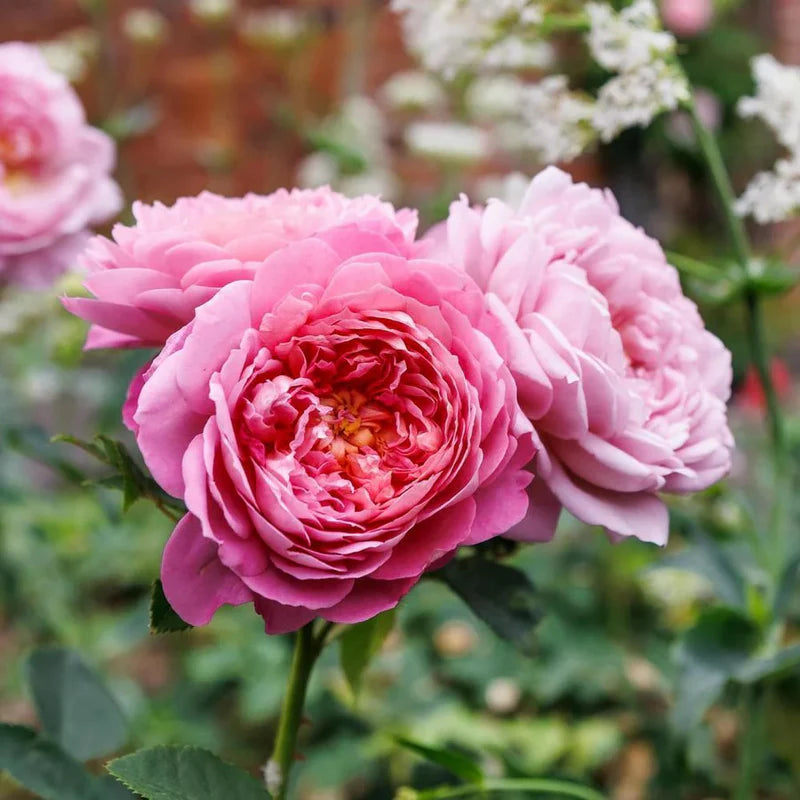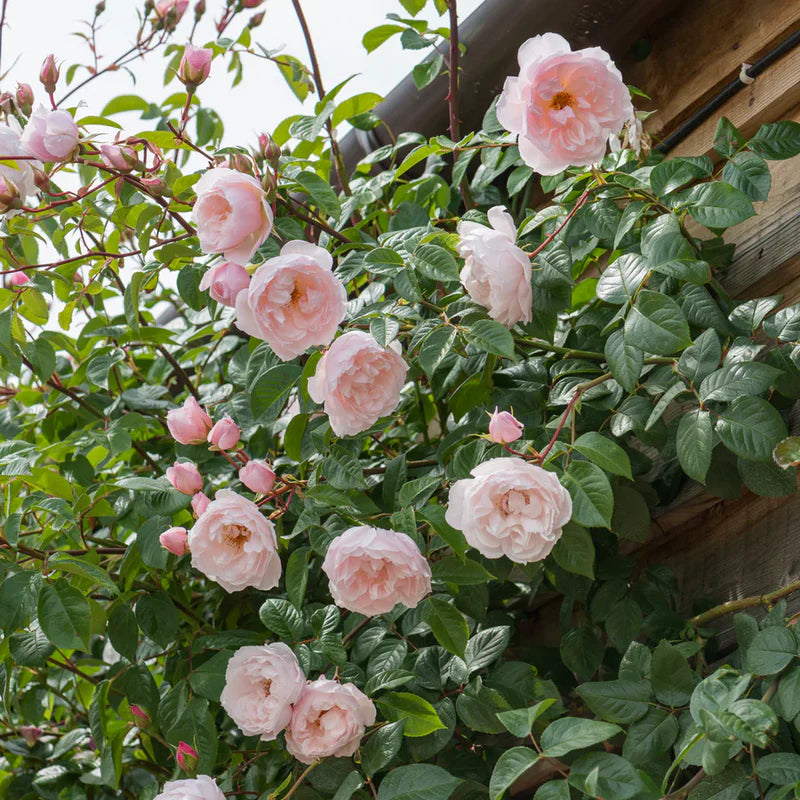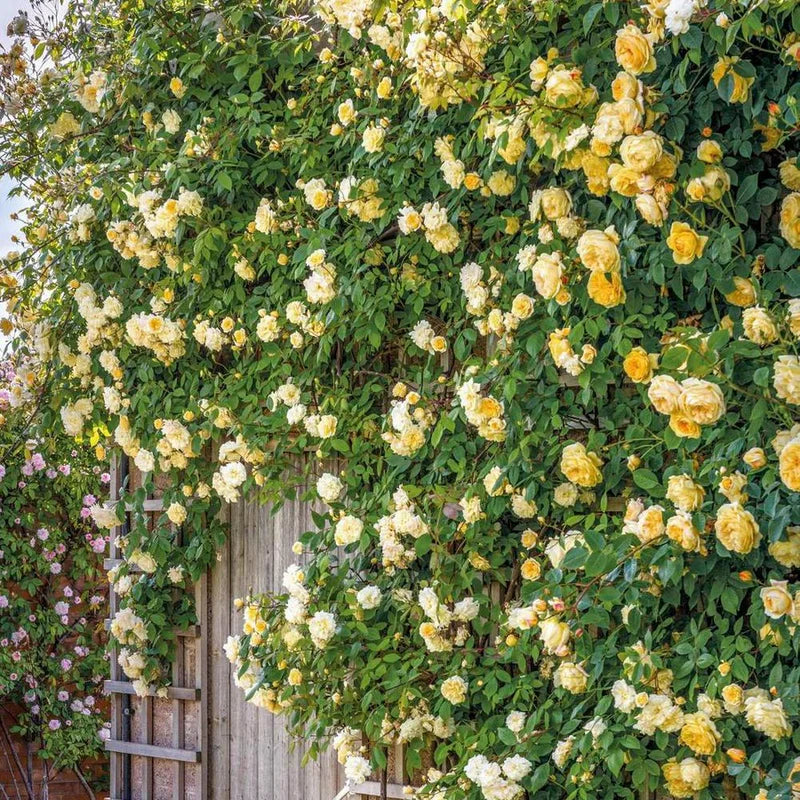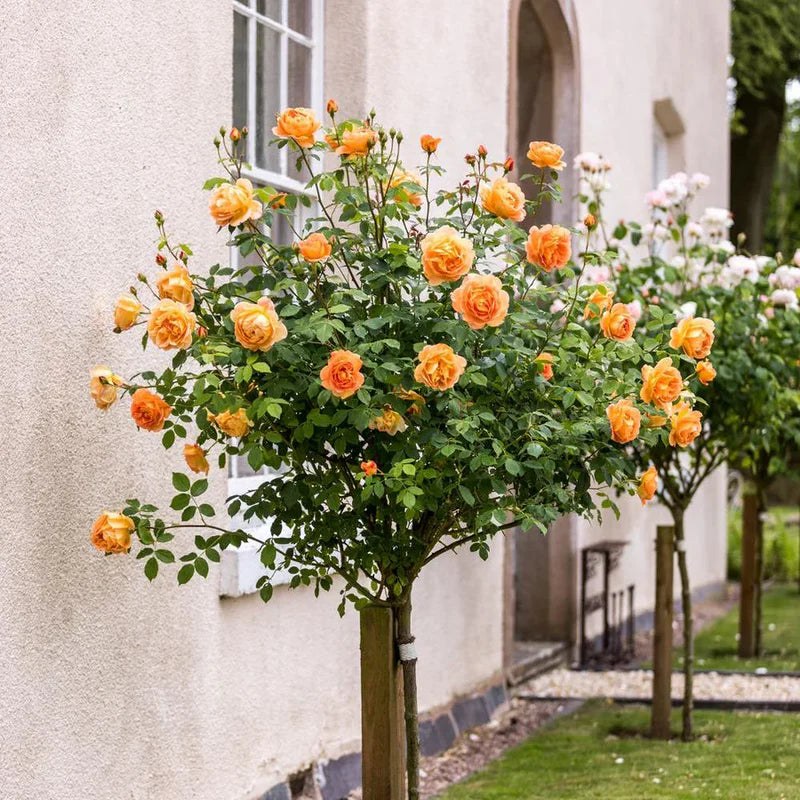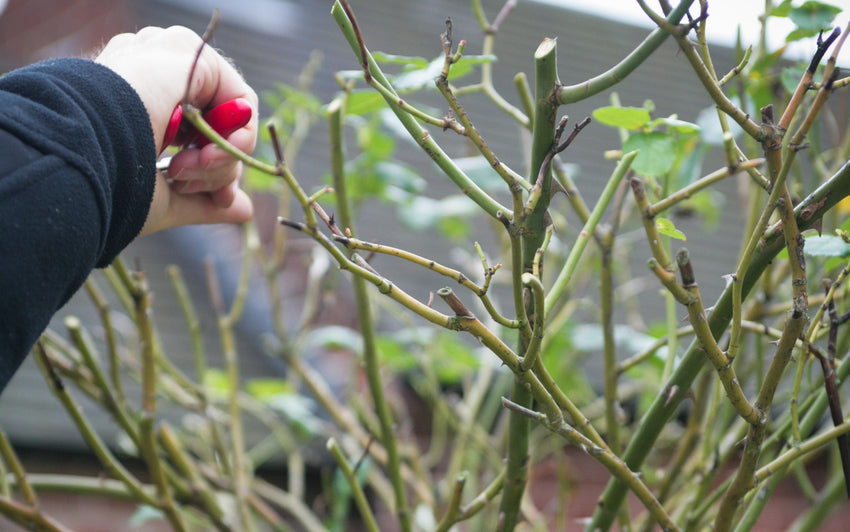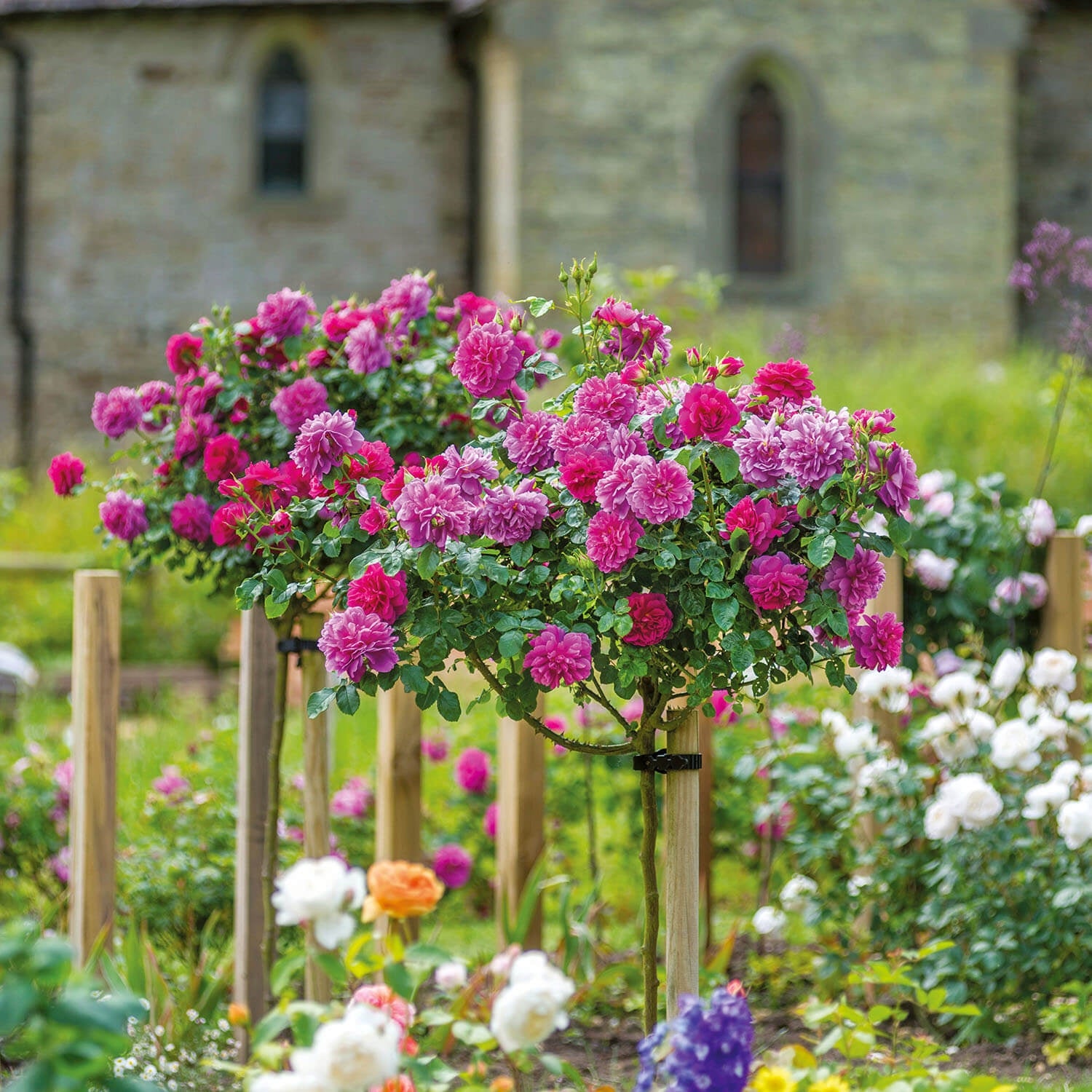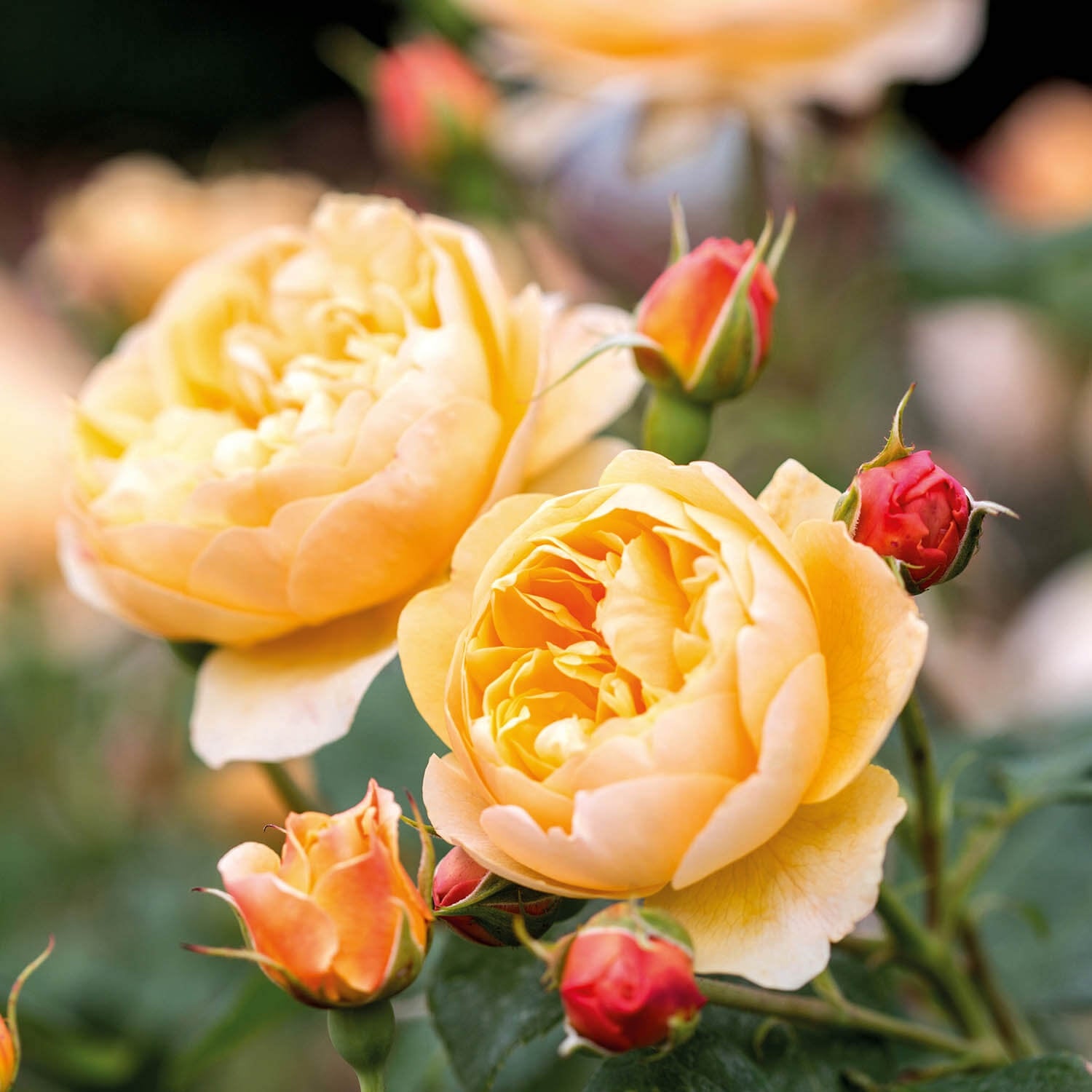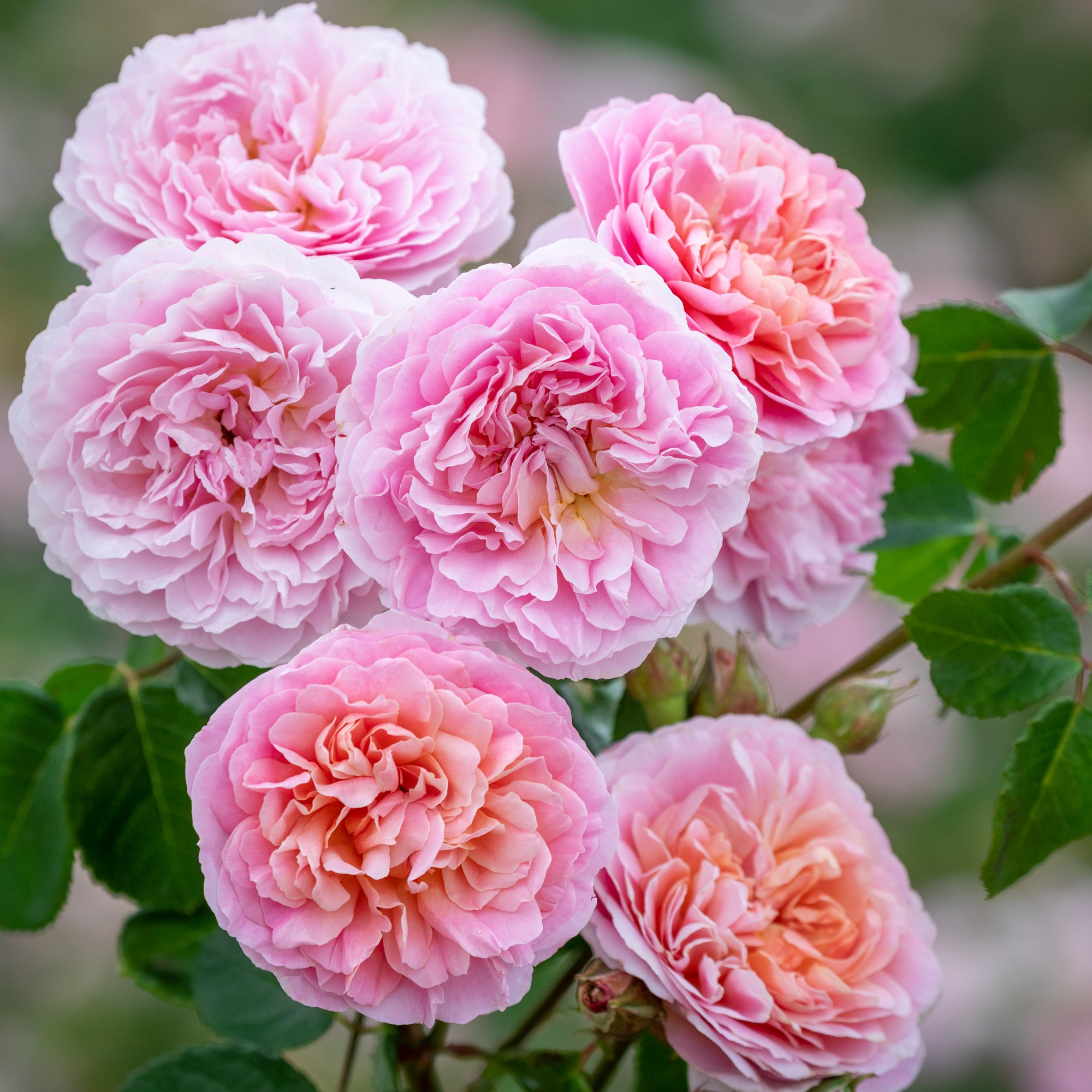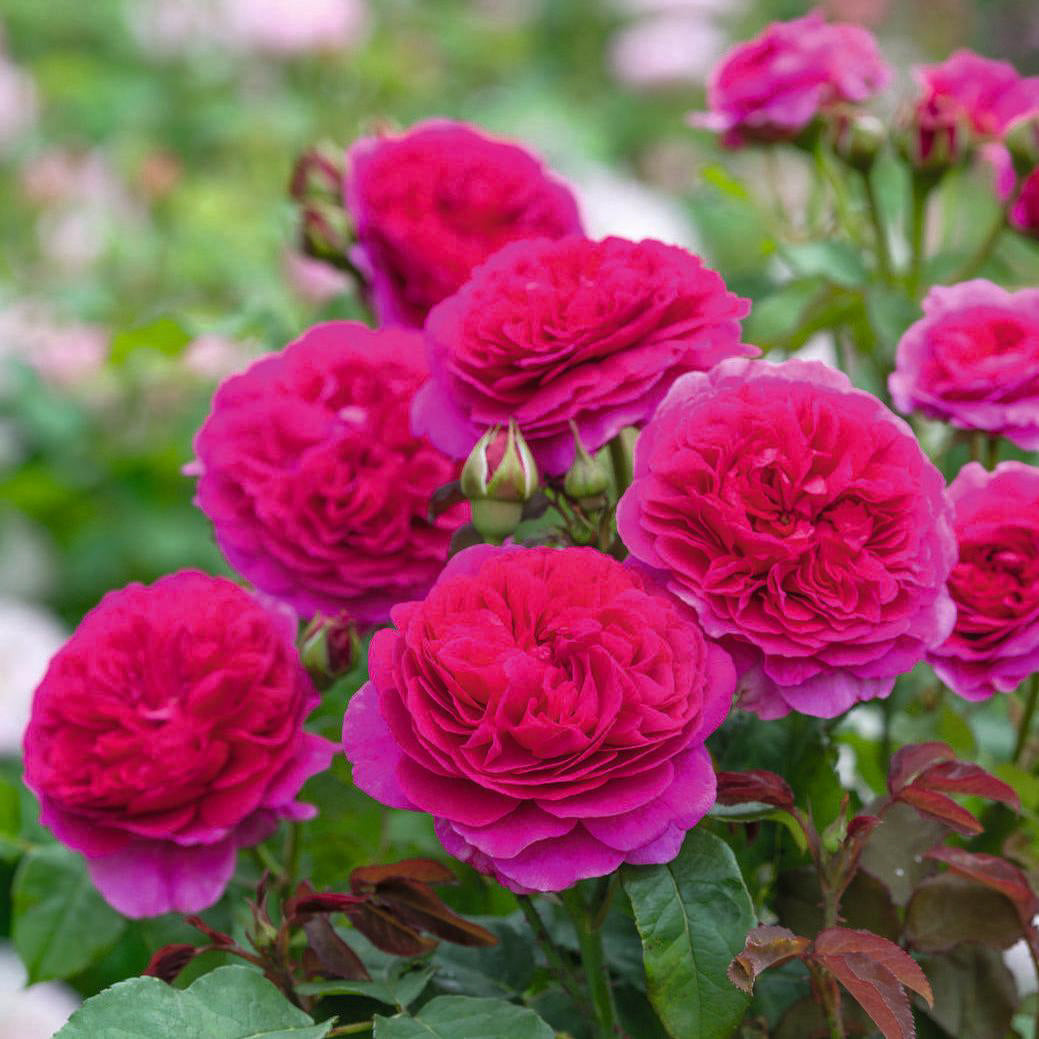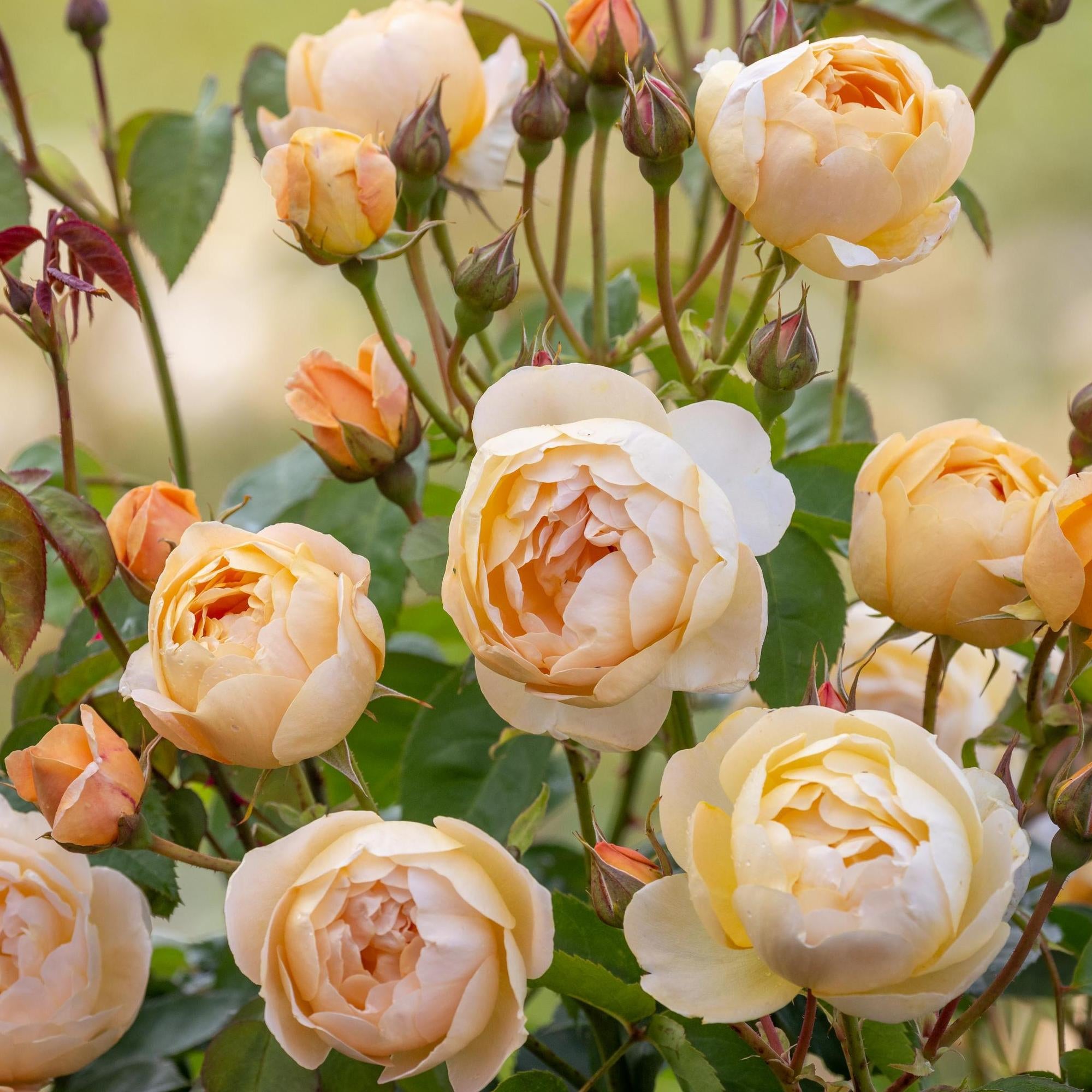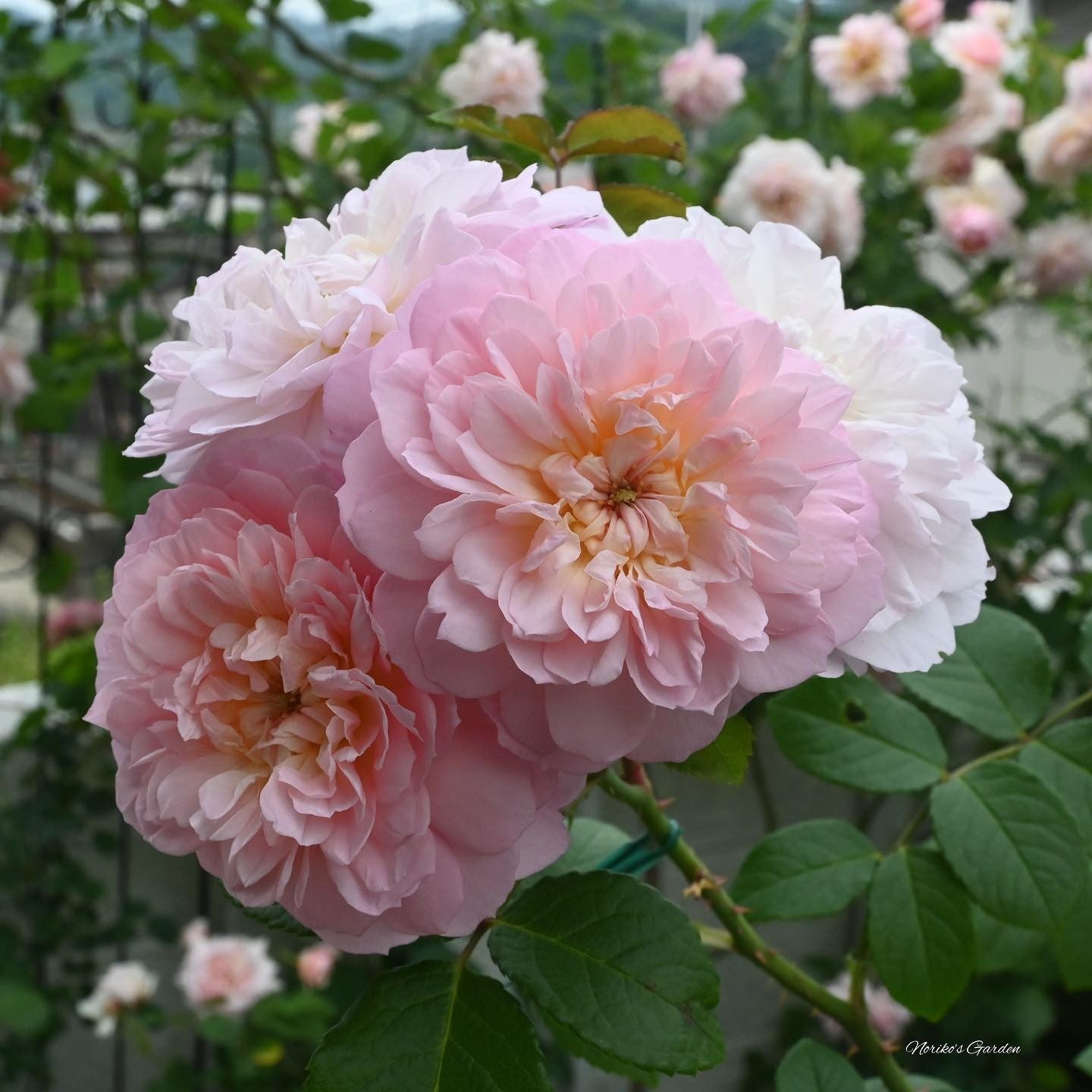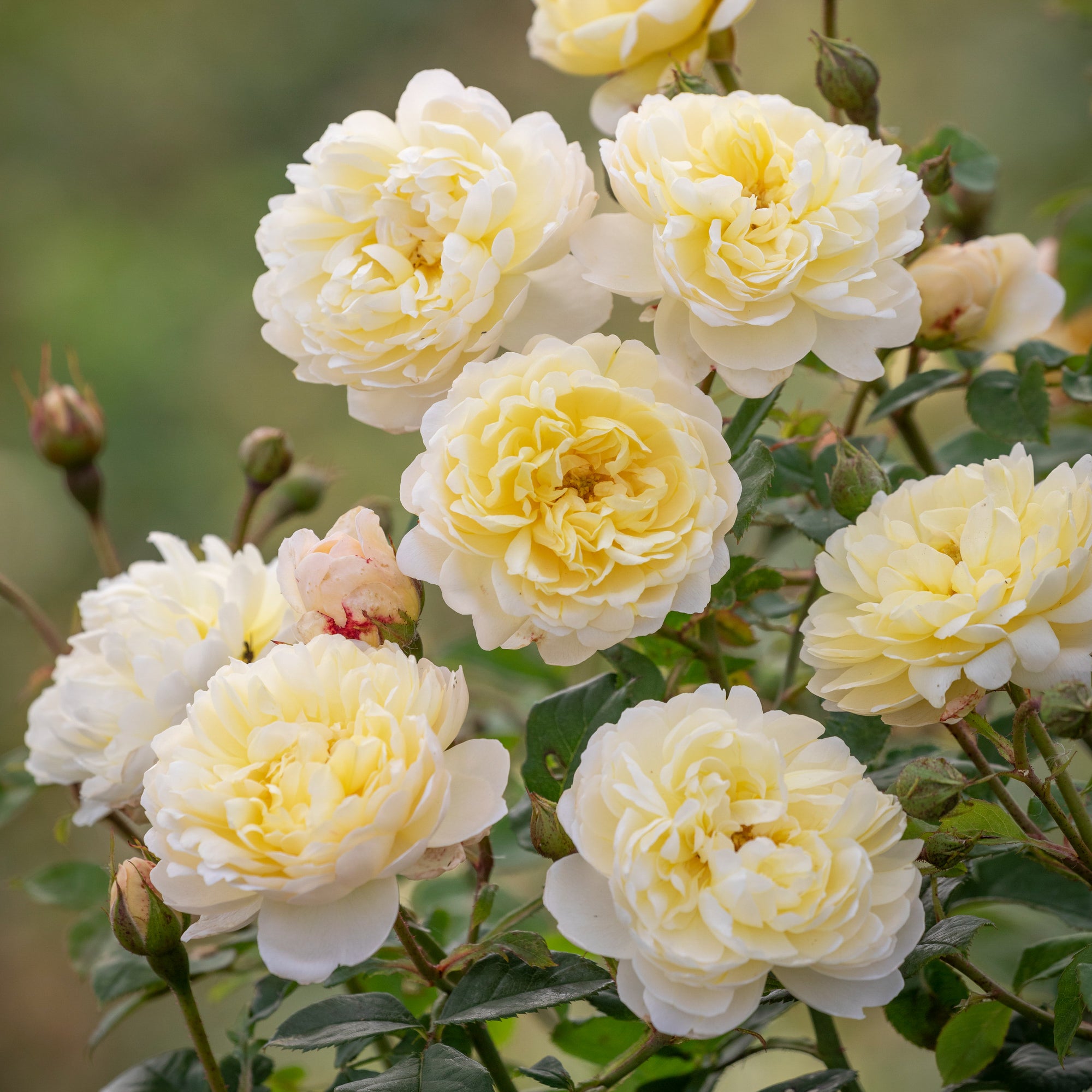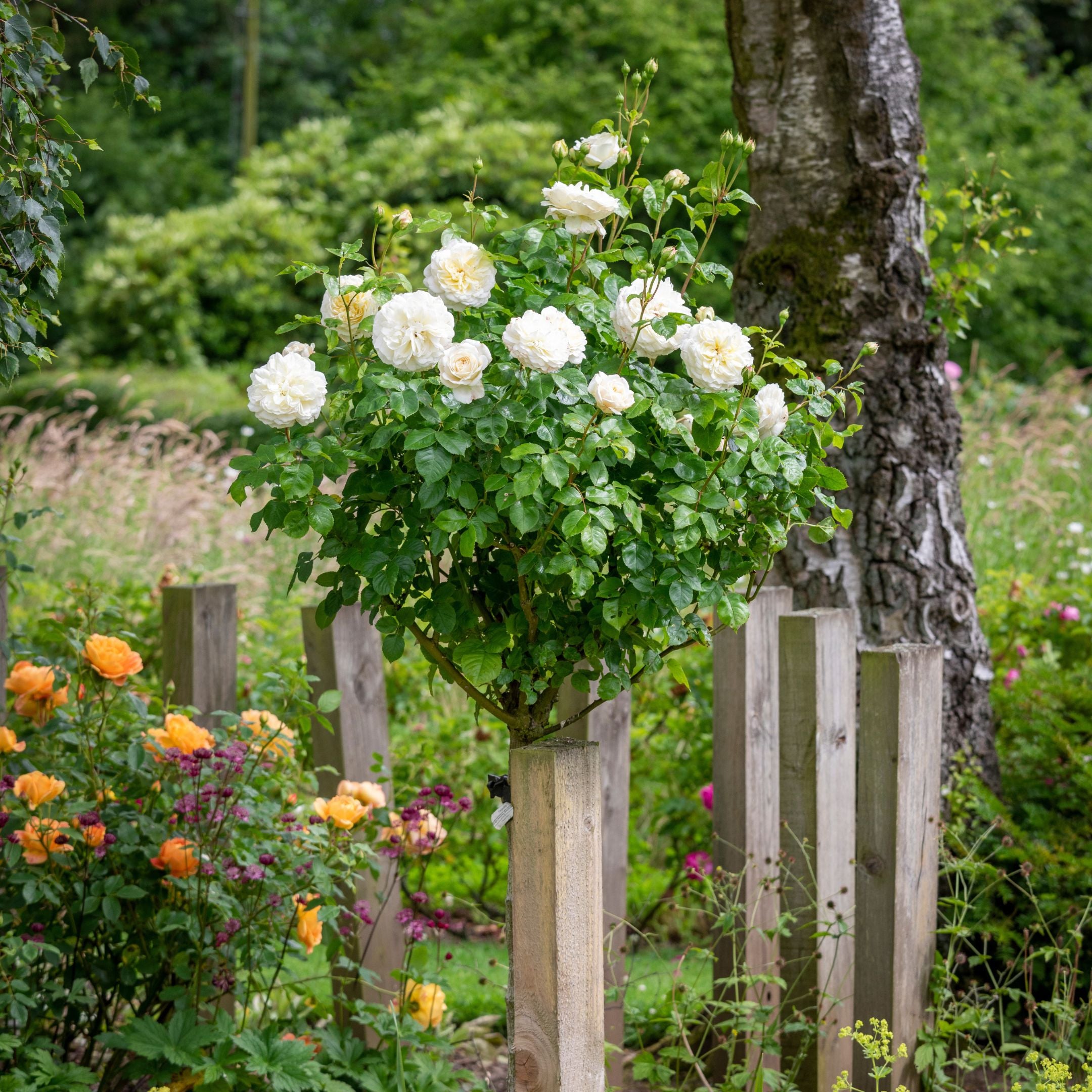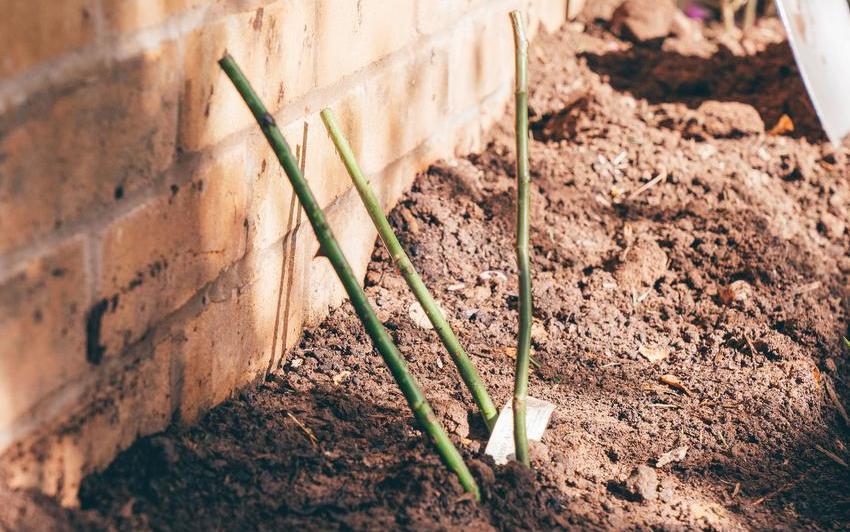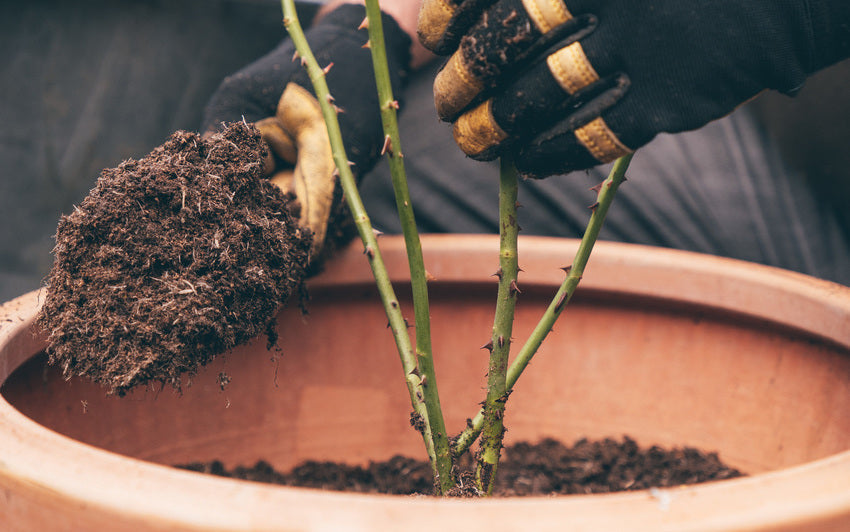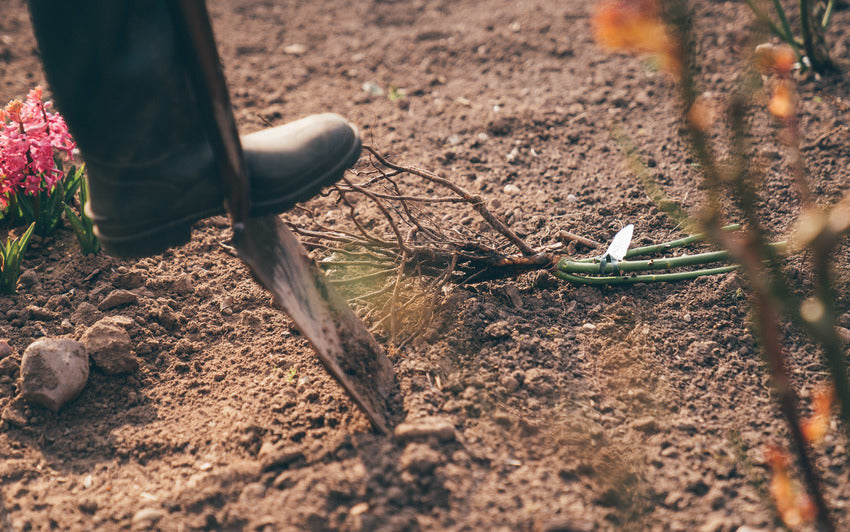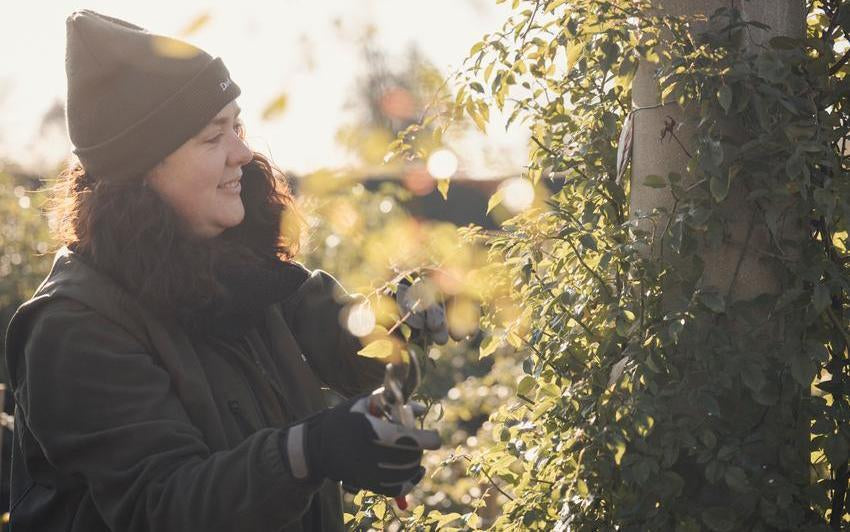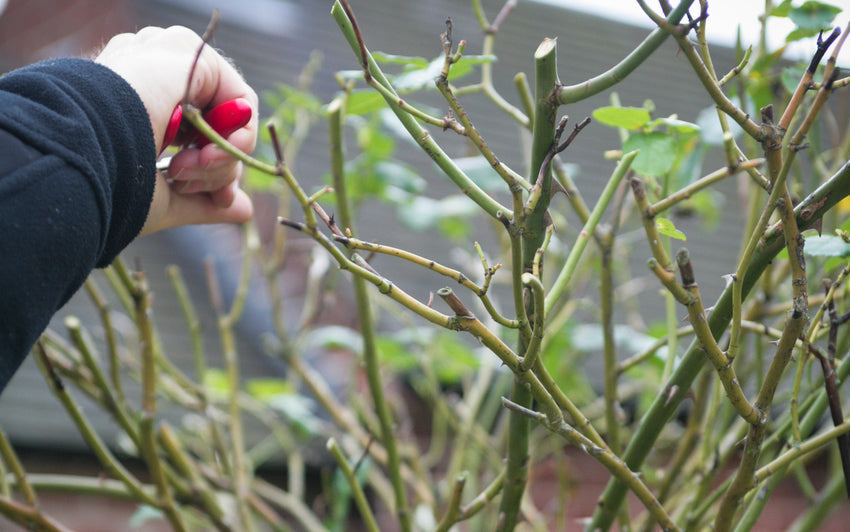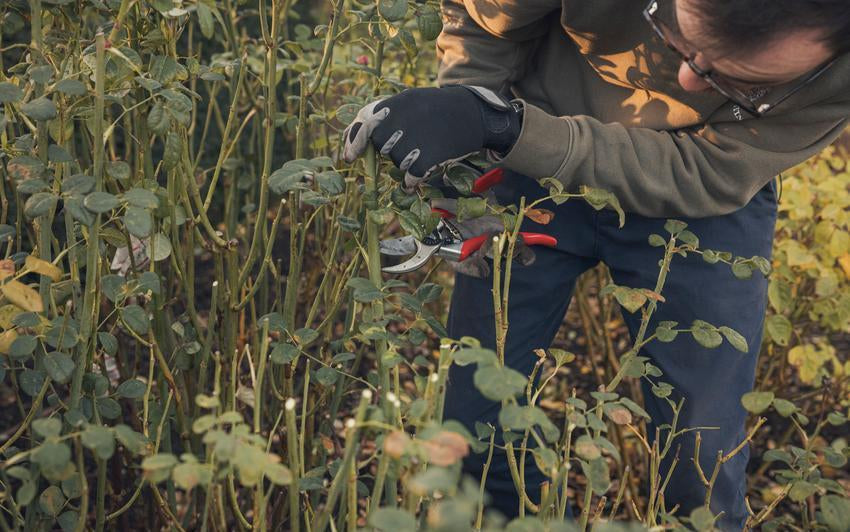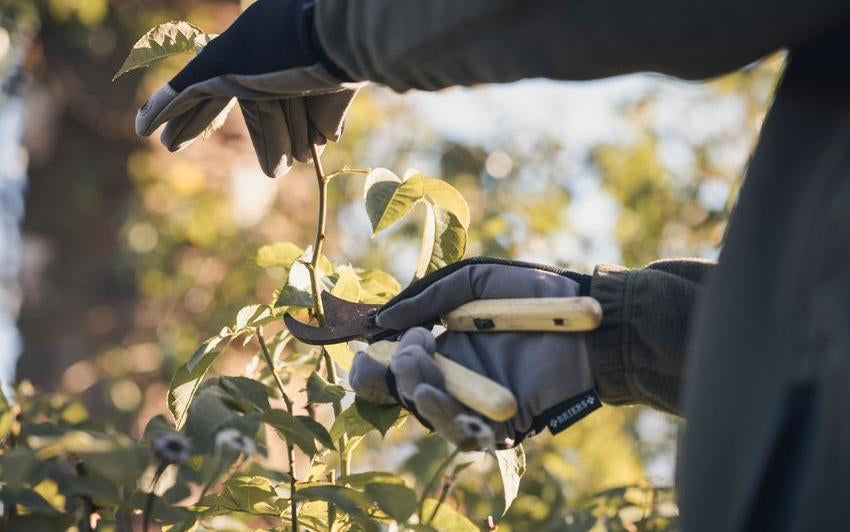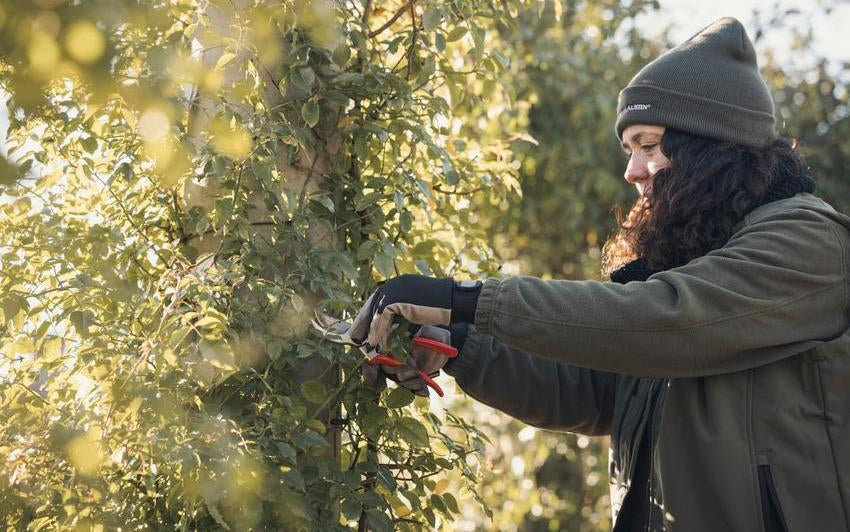How to Plant Bare Root Standard Roses: Step-by-Step
Standard roses, also known as tree roses, bring structure, height and a sense of grace to the garden. Their blooms are carried high on slender stems, creating a striking focal point among lower planting. Whether standing proudly in a border or adding formality beside a doorway, they bring charm and refinement to any setting.
Bare root standard roses arrive dormant, their roots and stems bare. Though they rest quietly through winter, they hold within them the potential for strong growth and abundant flowers once spring arrives.
Bare root roses are best planted between October and April, during bare root season. This gives them time to establish ready to bloom come summer.
Essentials
- Your bare root rose
- Spade:
Ladies' Groundbreaker Spade
Men's Groundbreaker Spade
Digging Spade
Border Spade
Compost Scoop
- Gardening gloves
- Watering Can (we recommend Haws)
- Soil Improver or well-rotted Manure ( We recommend John Innes No. 3, high-quality multi-purpose compost or Carr’s Special Organic Soil Improver)
- David Austin Mycorrhizal Fungi
- Large bucket of water
- Wheelbarrow
Optional
- Wooden stake (supplied)
- 2 x Standard Tree Rose Tie (supplied)
- Hammer or mallet
Standard roses thrive in full sunlight. Aim for at least four hours of direct light each day. A little afternoon shade can be helpful in hotter climates. Choose a well-drained spot with plenty of space around each plant to prevent competition from nearby trees, shrubs or hedges.
To enrich the soil and improve drainage, work in Carr’s Soil Improver before planting. This enhances structure and fertility, giving your rose the best possible start.
Planting in the Ground
Step 1: Prepare the Site
Dig over the soil thoroughly, removing weeds and stones. Ensure the ground is workable and not frozen or waterlogged.
Step 2: Soak the Roots
Place the roots in a bucket of water for at least two hours before planting to encourage strong establishment.
Step 3: Dig the Hole
Make the hole roughly twice as wide as the root spread and deep enough so that the graft union sits about 5 cm (2 inches) below soil level.
Step 4: Loosen and Enrich the Soil
Loosen the soil at the bottom of the hole with a fork to encourage roots to grow deeply. Mix a spadeful of Carr’s Organic Soil Improver or well-rotted manure with the soil at the bottom of the hole. Also, mix two spadefuls of soil improver with the soil removed from the hole.
Step 5: Add Mycorrhizal Fungi
Sprinkle 30 g of David Austin® Mycorrhizal Fungi directly onto the roots. This helps your rose establish quickly and grow strong.
Step 6: Position and Plant
Place the rose in the centre of the hole, spreading the roots outward. Backfill with the improved soil, gently firming to remove air pockets.
Step 7: Stake and Secure
Insert a strong stake about 10 cm (4 inches) from the stem before finishing the backfill. Tie the rose to the stake using soft ties, ensuring they are firm but not tight.
Step 8: Water Well
Water thoroughly to settle the soil around the roots.
Planting in a Pot
Step 1: Choose the Right Container
Select a large, heavy pot at least 40–45 cm (16–18 inches) in diameter with good drainage holes. Terracotta or stone provides stability.
Step 2: Prepare the Compost
Use a high-quality loam-based compost such as John Innes No. 3, mixed with one-third Carr’s Soil Improver to improve structure and fertility.
Step 3: Stake First
Insert a sturdy stake into the pot, around 10 cm (4 inches) from the centre.
Step 4: Plant the Rose
Place the rose so the graft union sits about 5 cm (2 inches) below the surface. Spread roots gently and fill with compost, firming carefully to remove air pockets.
Step 5: Secure the Rose
Tie the stem to the stake with soft ties, leaving enough room for growth.
Step 6: Water and Position
Water thoroughly and place the pot in a sunny, sheltered spot with at least four hours of sunlight per day.
Step 7: Ongoing Care
Keep the compost moist but not waterlogged. Feed during the growing season and check the ties periodically.




